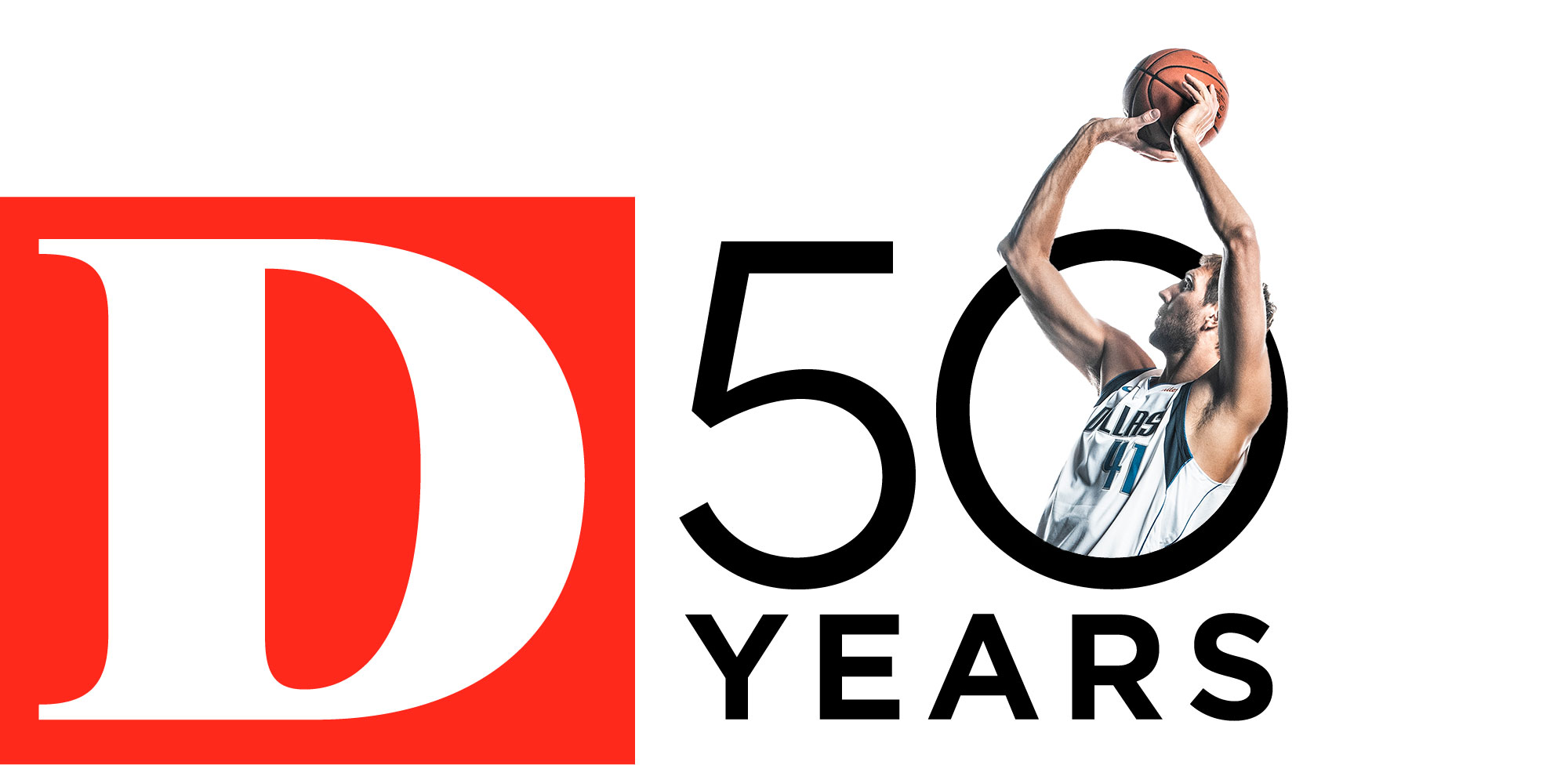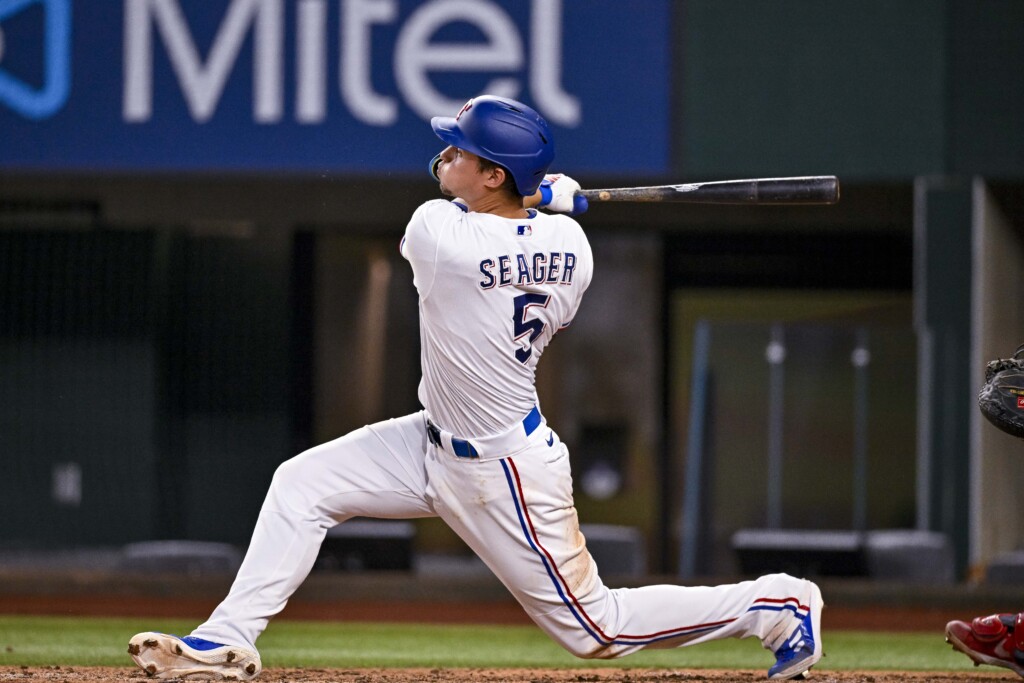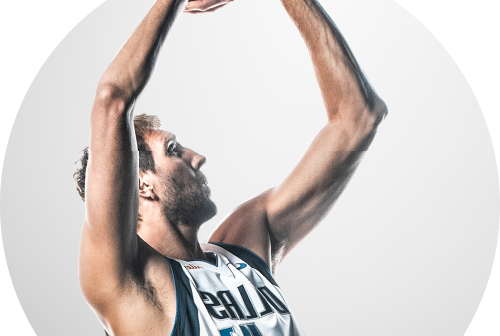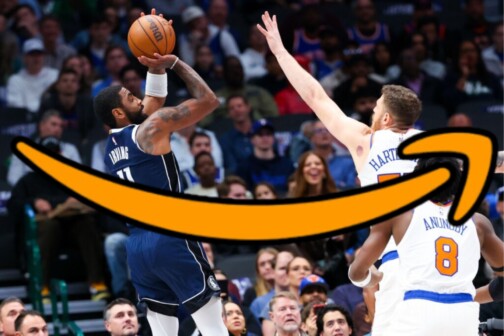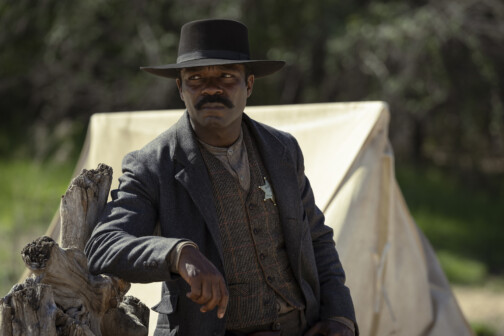In my capacity as a professional sports degenerate for D Magazine, I am asked all manner of questions pertaining to the games we all watch. Among the most frequent question concerns how we watch those games. Namely, what the hell is going on with Bally Sports Southwest?
For a while, that question was rhetorical. What the hell is going on with Bally Sports Southwest and its parent company, Diamond Sports, which holds the broadcast rights to three of the biggest local teams—the Mavericks, Stars, and Rangers—yet cannot be accessed by millions of people because the channel is carried only on two cable networks and one streaming service?
But since Diamond declared bankruptcy in March, the question has evolved into a real inquiry. In the months that followed, teams such as the Phoenix Suns, Utah Jazz, and San Diego Padres have begun divesting themselves from regional sports networks (RSNs), which are becoming a relic of a dying media landscape. Diamond Sports is the biggest dinosaur of all. At its peak, the company controlled 19 Bally Sports networks around the country that held the media rights of 42 NBA, MLB, and NHL teams.
None of that chaos, however, has stopped the three North Texas franchises from continuing to broadcast unabated on Bally Sports Southwest—even as the network is teetering on the brink of financial collapse, to the point that The Athletic’s Mike Vorkunov and Evan Drellich reported last month that Diamond may terminate its agreement with the Rangers due to financial insolvency. (The uncertainty alone already looms over Texas’ free agency decisions in its World Series defense.)
So, again: what the hell is going on with Bally Sports Southwest?
I have no idea. What I do have is Vorkunov’s phone number. We’ve been pals for years, and I edited his writing during part of my own time at The Athletic. So I dialed him up to ask a lot of the questions people ask me, so we can all get some answers on the state of this ramshackle sports network, what the immediate future might look like, what you should hope for as a consumer, and, most important, when will it suck a whole lot less for everyone to watch their favorite sports teams?
Here’s our conversation, edited for length and clarity.
Vork, let’s start with the basics. For those who know nothing aside from Diamond Sports making it a complete pain in the ass to watch their favorite sports teams, please explain what has happened with the bankruptcy and where things broadly stand.
Diamond Sports filed for bankruptcy last spring, and they’ve been in court ever since trying to figure out a plan of action so that they can move forward. As of right now, it seems like that might not be possible for the long term. There is a plan they presented to the court recently that would probably allow them to broadcast NBA and NHL games through the end of the 2023-24 season, broadcast MLB games through the 2024 season, and after that start settling debts and possibly liquidating assets. We’d see those teams and leagues move on to other places for their local broadcasts.
The latest North Texas-specific development came in mid-November, when you and Evan Drellich reported that the Rangers’ TV deal could be dropped by Diamond. The team would be free to do with its rights what it will, but would have a reported $111 million to make up annually. Is there any timeframe for when that decision has to be made?
To the best of my knowledge, no. I think ideally you get it done before the baseball season starts, right? But these things have been slow moving and unlike Diamond’s relationship with the NBA and the NHL, where they’ve reached these term agreements—they’ve reached one with the NBA, I think they’re nearing one with the NHL—where teams that have deals with Diamond will broadcast through the end of the season before retaining their rights. Baseball has had a more contentious relationship with Diamond. That has kind of colored this whole thing and built in more uncertainty for baseball teams in the present and going forward.
One of the strange things as a consumer is that it feels like there is a disconnect between what baseball seems to understand about what’s happening and what the NBA and NHL are doing.
I think maybe baseball and the NBA and NHL have different approaches to their media rights. It seems like baseball is more willing to bring theirs in-house; we saw them do that with the Padres last year when San Diego and the Bally RSN broke ties. So it might also be a case where they have different ideas for the future and what that looks like, and also [MLB commissioner] Rob Manfred is a much more combative dealmaker than [NBA commissioner] Adam Silver is. I think all of that comes into play here.
What’s the endgame here—not only for the Rangers, but the Mavericks and Stars, too? At what point can people locally feel good that there’s going to be resolution and they’ll be able to watch their teams?
I think the NBA and NHL games will be on the local Bally RSNs through the end of the season. You’ll be able to watch—or not be able to watch—the Mavericks and the Stars as they are now. The Rangers situation, as you said, is a little more fluid and up in the air. But Diamond Sports, in what it has presented to the court, has been asking to get a plan approved where they pretty much will go out of business, for lack of a better term, after the 2024 baseball season. After that, every sport and every team under a Bally Sports RSN is going to have to figure out what to do.
We’ve seen in a number of markets like Phoenix, where the Suns had their contract end with the local Bally RSN there, they moved to an over-the-top direct-to-consumer streaming app along with broadcasting over TV for free. It’s this dual path where some people can still watch on TV if they want to, and others, if they want to stream it, can do that. We’ve seen the Utah Jazz do a similar thing. We saw the NHL’s Golden Knights in Vegas move to a similar situation. It seems like that’s a favored path as of now. Maybe baseball will do something where they will decide to either find a way to stream it themselves or find a way to distribute the games themselves.
I can’t say for certain what will happen, but I think that’s probably the leading option: some combination of over-the-air, free TV and some kind of streaming option so you can hit people both places where they are and how they might want to watch the game.
There’s a lot of things in play. In the past they’ve considered doing a local market League Pass option. Maybe that’s something they try to bundle and sell the rights to as early as next season, possibly. It’s a complicated thing, right? Especially since you don’t have the digital rights to all 30 NBA teams. But maybe you find a streaming network that’s interested in doing something like that.
I don’t want to say anything with certainty because I just don’t think there is such a thing right now. But I think that’s a possibility right now, and just talking to TV executives, I expect we’ll see more NBA and NHL teams—and maybe baseball teams as well—on free, over-the-air broadcast channels in their markets next year.
On the streaming front, if there isn’t an over-the-air component to this and these teams go on selling their broadcast rights individually, you can envision a world in which this becomes worse for the consumer because if you have three teams selling rights independently, and then you have to subscribe for your Netflix, or your Hulu, or what have you, you’re paying more for a de-bundled version of what Bally Sports Southwest has been delivering in one place.
From what I understand, teams have been a little uneasy going only to streaming. I think they think that will leave some fans behind: people who aren’t as fluent with technology, people who don’t want to pay for streaming, people who don’t want to watch games that way. And there’s also an incentive financially, too, to continue to be on television in some sort of way. When you’re streaming, you’re paying for the technology to make it happen, you’ve got to get people to subscribe, you’ve got to find a price point that works.
From what I understand, you’re just not going to make as much money trying to get people to buy a subscription to your app. They still need the money that comes in through TV broadcasts, even if it’s a free over-the-air broadcast on a local channel, because they’ll still get some kind of rights fee from that channel, even if it’s going to be less than they’re getting currently from their RSN.
The other big sports business topic going on around here is, of course, the Mavericks sale. Nobody knows a lot of what’s going to happen, but if you’re a Mavs fan and this goes through, is there anything in particular to watch for pertaining to the media rights component? In other words, how much of Mark Cuban’s self-stated concerns for the future of media revenue that he says inform his decision to sell should impact the fans?
It’s hard to say. I think this is a really fascinating deal because there’s just so little information about it so far. I think everyone’s still trying to figure out what exactly this looks like, why it happened, why Mark Cuban gave up maybe somewhere close to a billion potential dollars in valuation on the team to do this deal and what that all looks like in the end when the contract is signed and we know what the final term agreement might be. In terms of how this affects Mavericks fans, I don’t know that it will affect them very much. It seems there’s interest in building a resort and casino in a place that will hold Mavericks home games. It seems that’s contingent on getting gambling approved in the state of Texas.
I’ve seen Mark Cuban say the reason he sold is there is some concern about the economic model, specifically the RSN, but even if the Mavericks lose out on, say, $50 million in local rights, the national media rights are expected to possibly double, if not more, in the next media rights deal and the BRI (Basketball Related Income, which you can read about here) split remains the same between NBA teams and the players. So it’s not as if all the money will suddenly disappear. We’re still likely to see revenue continue to go up, at least from the media aspect, over the next decade.
Bottom line: you’re a sports fan who just wants to watch your teams with minimal fuss and financial strain on your wallet. What are you realistically hoping for to come out of this whole thing?
[laughs] That’s kind of been the big question for sports fans over the last five years, right? I think you’re hoping the Mavericks take their rights for the 2024-25 season. They give you an option to watch it on TV somewhere, where maybe all you need is a pair of rabbit ears, if you want to go old school. And if you don’t want to watch on TV or you don’t have a TV or over-the-air option you’re comfortable with, that you also have a choice to stream it. I think that’s probably best-case scenario.
Author

